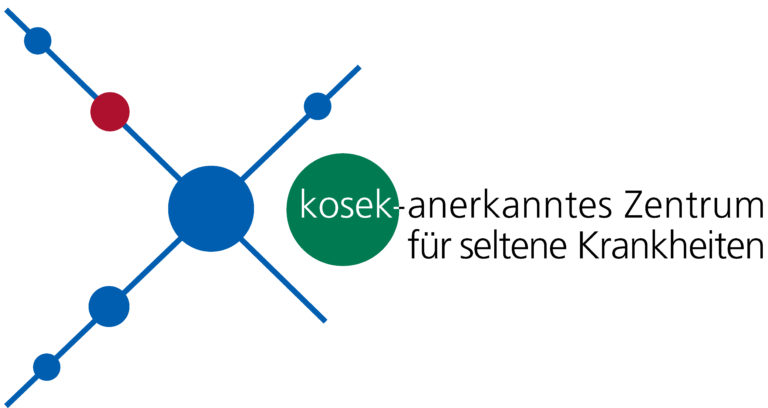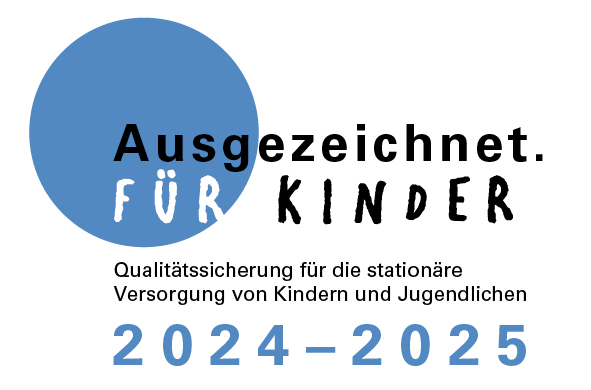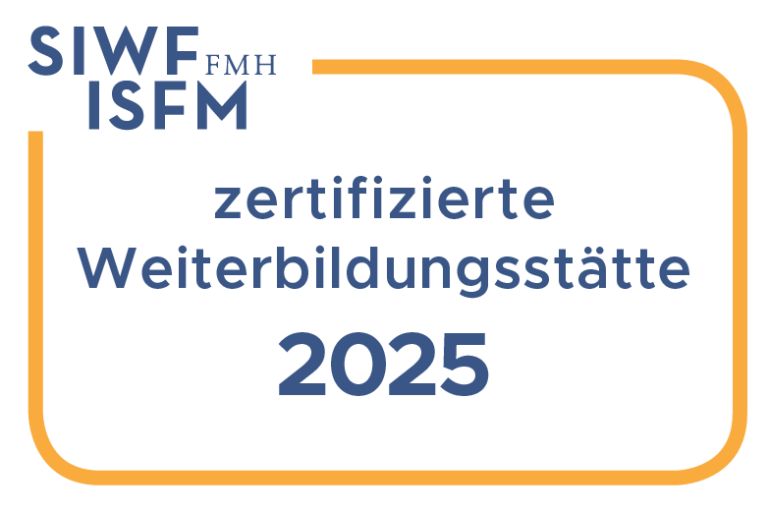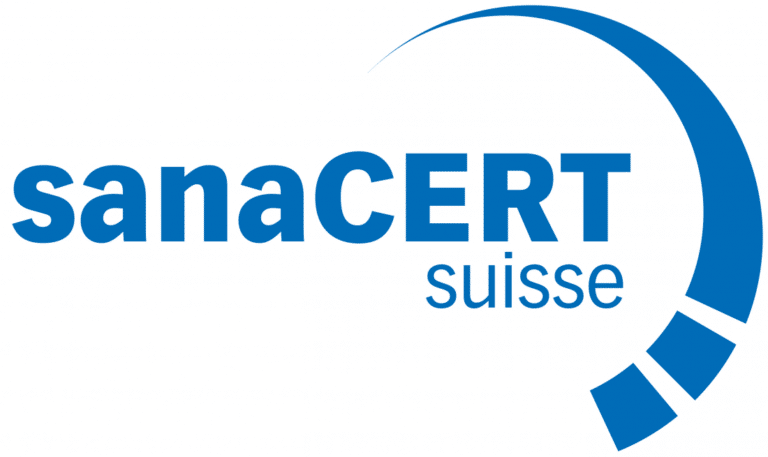Contact us
High contrast
This page has been translated automatically.
The Department of Paediatric Epileptology and Sleep Medicine specialises in the comprehensive diagnosis and treatment of epilepsy and sleep disorders in children and adolescents. With state-of-the-art technology and an interdisciplinary team, we offer highly specialised diagnostics and treatment on an outpatient and inpatient basis.
1. video EEG telemetry**
2nd epileptological consultation**
3. second opinion consultation**
Our team consists of experienced neuropaediatricians, epileptologists, neuropsychologists and specialists in care and neurophysiological diagnostics.
There is close collaboration with Neurosurgery UKBB, Radiology UKBB and USB as well as Nuclear Medicine. The inclusion of neuropsychology enables a comprehensive assessment of cognitive functions and behaviour in neurological disorders. This interdisciplinary collaboration ensures a holistic diagnosis and treatment of complex childhood epilepsies, in particular difficult-to-treat epilepsies, using the latest imaging techniques and specialised interventions.
Offer investigations:
Waking and sleep deprivation EEG, long-term EEGs with video (outpatient and inpatient)
EEG telemetry unit:
Our paediatric sleep medicine department is dedicated to the diagnosis and treatment of sleep disorders in children and adolescents. We offer comprehensive examinations and customised treatment plans to improve the quality of sleep and well-being of young patients.
Our team consists of neuropaediatricians, sleep physicians, developmental paediatricians, psychologists, pneumologists and intensive care physicians in collaboration with the ENT department.
Our sleep consultation hours
Our sleep laboratory
Our state-of-the-art sleep laboratory is specially equipped to meet the needs of children and adolescents. It provides a child-friendly environment where we conduct various sleep studies to make accurate diagnoses and develop effective treatment strategies. Commonly investigated sleep disorders include:
Examinations in the sleep laboratory:
Neuropsychological testing
Headaches in childhood are a common problem that can range from mild to severe. They can be caused by various things such as tension headaches, migraines, infections, eye problems or more serious illnesses.
Headaches can often be difficult to recognise in children as they may not be able to communicate their symptoms clearly. It is important to look out for signs such as frequent rubbing of the head, avoidance of light or noise, nausea, vomiting or changes in behaviour.
The diagnosis of headaches in children often requires a thorough medical history and physical examination and, if necessary, further tests such as imaging or blood tests to rule out more serious causes.
Neurocutaneous syndromes are rare genetic diseases that affect both the skin and the nervous system. They are caused by mutations in the genes that control the development of skin and nerve cells. These syndromes can cause a variety of symptoms, including skin changes such as white or brown patches, vascular abnormalities and neurological problems such as seizures, developmental delays or intellectual impairment. This type of disease can promote the growth of tumours.
The most common neurocutaneous syndromes include neurofibromatosis type 1 (NF1), tuberous sclerosis complex (TSC) and Sturge-Weber syndrome (SWS). These syndromes can range from mild to severe and often require multidisciplinary treatment by dermatologists, neurologists, geneticists and other specialists.
Diagnosis of neurocutaneous syndromes often requires careful clinical evaluation as well as imaging techniques such as magnetic resonance imaging (MRI), X-ray and ultrasound to identify changes in the brain or other affected organs. Treatment focuses on symptom relief and may include medication, surgery or other interventions to slow the progression of the disease or treat complications.
It is important that patients with neurocutaneous syndromes receive regular care from an interdisciplinary team of medical specialists to optimally manage their health and improve their quality of life. Early intervention and comprehensive support can help improve long-term outcomes for patients with neurocutaneous syndromes.
Here at the UKBB, we offer a specialised neurocutaneous orthopaedic consultation. Under the direction of Professor Dr Andreas Krieg and Dr Patricia Dill, we also see and advise adult patients and refer them to other specialists from our network depending on their main concerns.
Team: Prof. Dr Alexandre Datta and Dr Sarah Bürki




058 387 78 82 (Costs are settled via the health insurance company)
In the event of an emergency abroad, call the emergency number of your health insurance company. You will find the contact details on your health insurance card.
145 (Poison and Information Centre)
University Children's Hospital of both
Basel, Spitalstrasse 33
4056 Basel | CH
Phone +41 61 704 12 12
© UKBB, 2025
The Medgate Kids Line provides quick and uncomplicated medical advice if your child is unwell. The medical team of our partner Medgate is available to you by telephone around the clock.
For emergencies abroad: Call the emergency number of your health insurance company. You will find this number on your health insurance card.
More information: On the Page of the emergency ward you will find everything you need to know about behaviour in emergencies, typical childhood illnesses and waiting times.
144 Outpatient clinic
145 Tox Info Suisse (Poisonings)
117 Police
118 Fire brigade
Which topic would you like to contact us about?
For praise or criticism, please use the Feedback form.